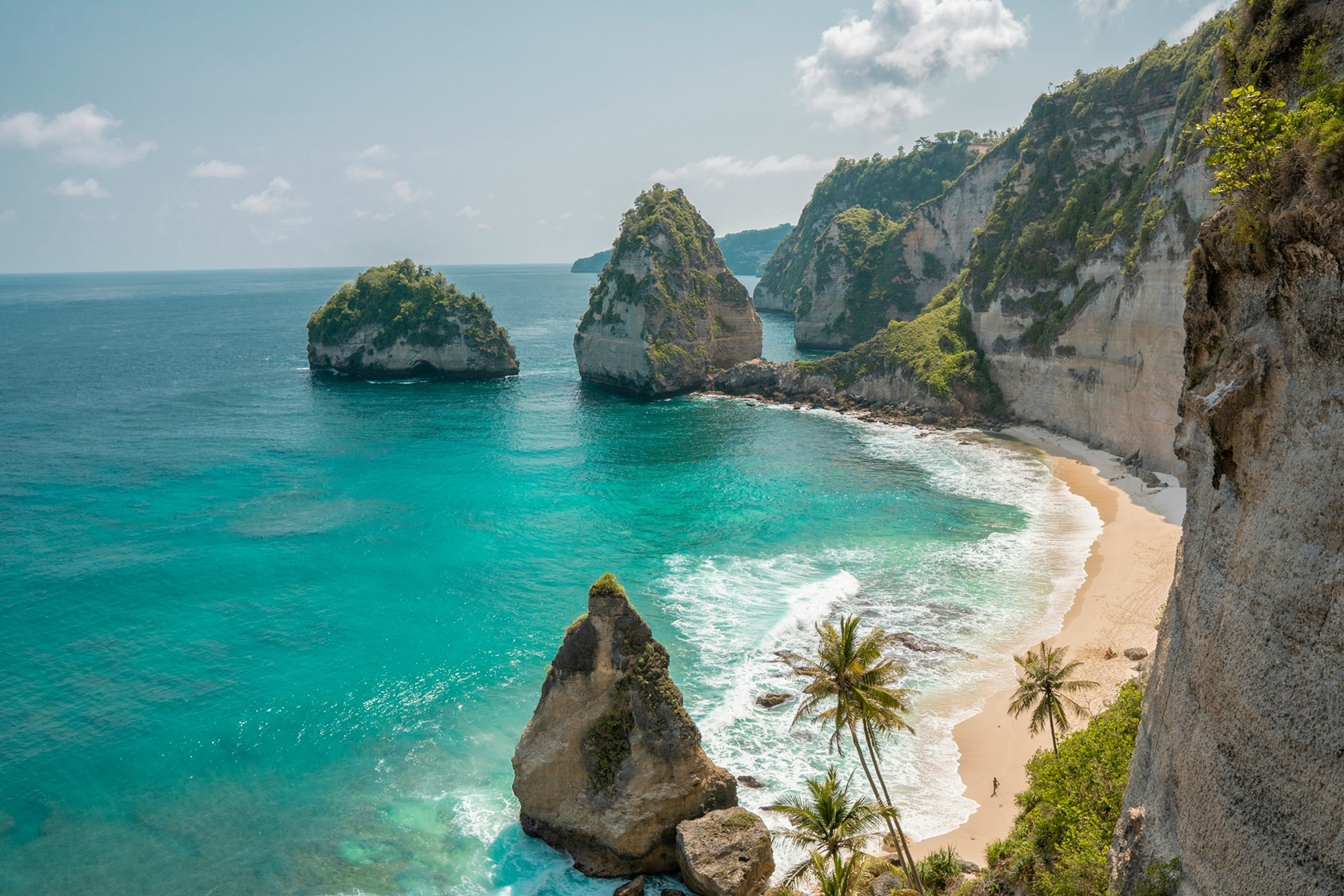
Best culture and traditions in Bali – Full Travel Guide
Balinese Hinduism and Spiritual Practices
Tri Hita Karana: The Philosophy of Harmony
Central to Balinese culture is the concept of Tri Hita Karana, which emphasizes harmony among people, nature, and the spiritual realm. This philosophy influences daily life, architecture, and community interactions across the island.
Daily Offerings: Canang Sari
Every morning, Balinese Hindus prepare canang sari, small palm-leaf baskets filled with flowers, rice, and incense, as offerings to the gods. These are placed at temples, homes, and even on sidewalks, symbolizing gratitude and devotion.
Traditional Arts and Performances
Dance and Music
Balinese dance and music are integral to religious and cultural expression. Performances like the Barong dance depict the eternal battle between good and evil, accompanied by traditional gamelan orchestras.
Shadow Puppetry: Wayang Kulit
Wayang Kulit is a traditional form of shadow puppetry that narrates stories from Hindu epics like the Ramayana. These performances are both entertaining and serve as moral lessons for the community.
Major Festivals and Ceremonies
Nyepi: The Day of Silence
Nyepi marks the Balinese New Year and is a day of complete silence, fasting, and meditation. The day before features the Ogoh-Ogoh parade, where large demon effigies are carried through the streets to ward off evil spirits.
Galungan and Kuningan
These festivals celebrate the victory of good over evil. During Galungan, ancestral spirits visit the earth, and families make offerings and decorate their homes with penjor, bamboo poles adorned with offerings. Kuningan, ten days later, marks the departure of these spirits.
Bali Arts Festival
Held annually from mid-June to mid-July in Denpasar, this month-long festival showcases traditional dances, music, and crafts from across Bali, promoting cultural preservation and appreciation.
Sacred Temples and Rituals
Tirta Empul Temple
Located in central Bali, Tirta Empul is renowned for its holy spring water, where locals and visitors participate in purification rituals known as melukat. This ceremony involves bathing in the sacred waters to cleanse the body and spirit.
Besakih Temple
Known as the “Mother Temple,” Besakih is the largest and holiest temple complex in Bali. Situated on the slopes of Mount Agung, it comprises over 80 individual temples and hosts numerous ceremonies throughout the year.
Travel Tips for Cultural Immersion
-
Dress Modestly: When visiting temples or participating in ceremonies, wear a sarong and sash, and ensure shoulders are covered.
-
Respect Local Customs: Avoid stepping on offerings placed on the ground and refrain from interrupting ceremonies.
-
Engage with Locals: Participate in community events or workshops to gain a deeper understanding of Balinese culture.
Plan Your Cultural Journey
To make the most of your Balinese adventure, consider these travel resources:
-
Trip.com: Offers comprehensive travel packages, including cultural tours and local experiences.
-
Kiwi.com: Provides flexible flight options to Bali, helping you plan your journey efficiently.
Summary
Bali’s rich tapestry of culture and traditions offers travelers an immersive experience that goes beyond its picturesque landscapes. From spiritual ceremonies to vibrant festivals, the island invites you to explore and respect its unique heritage.
